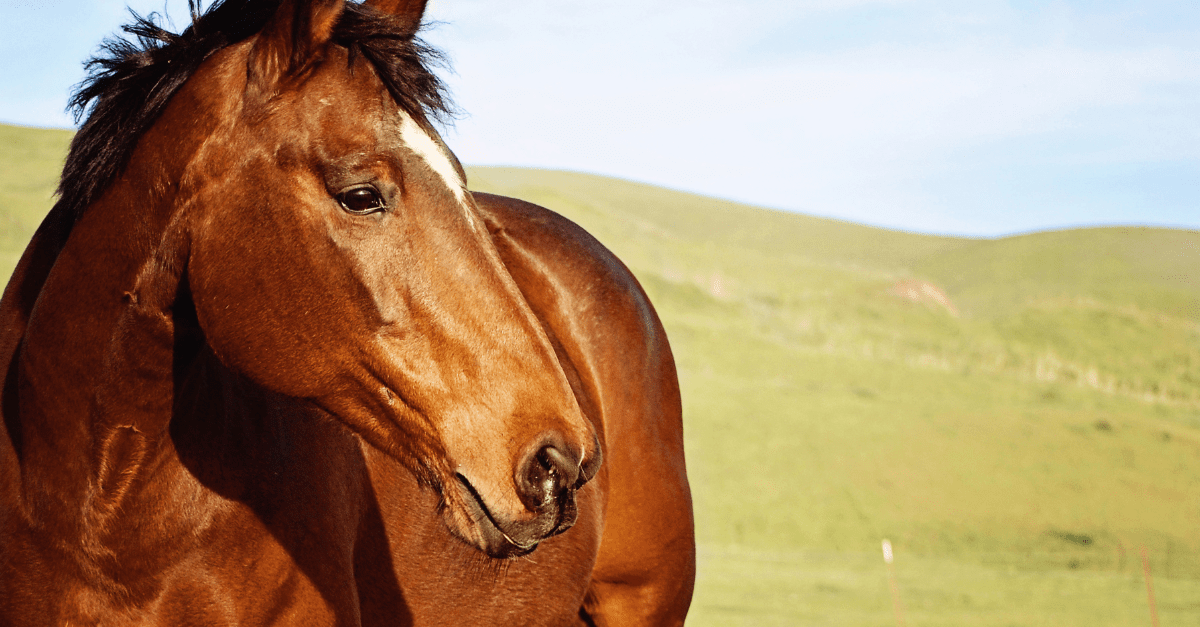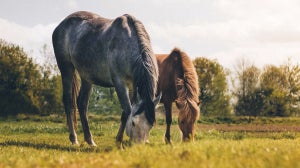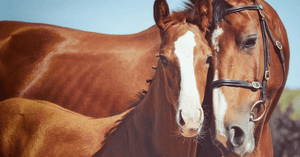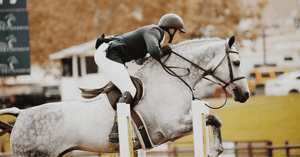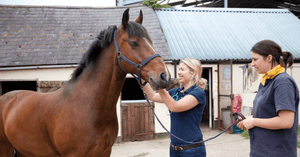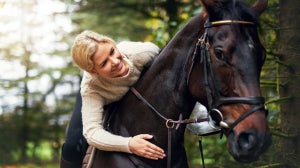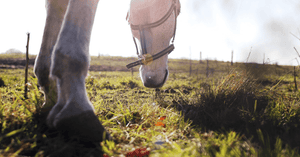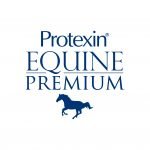
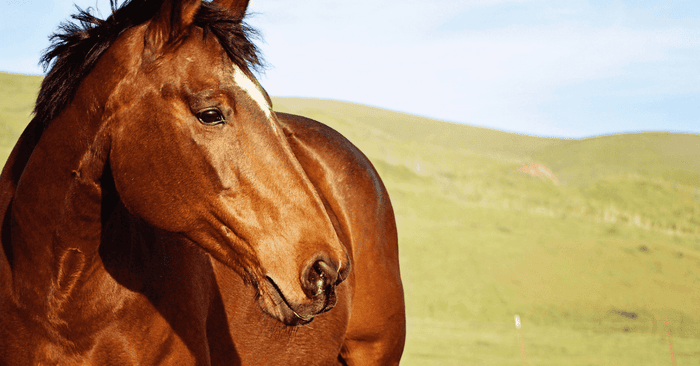
As your horse advances in years there may be new considerations when thinking about their health and wellbeing. Older horses may be less resilient against what life throws at them – it’s up to us to keep them warm in the winter, appropriately fed, carefully monitored and disease free.
Teeth
Every horse depends greatly on a healthy set of teeth. Equine teeth erupt continuously into the mouth and are worn down at the crown by the action of chewing. As the horse ages this eruption slows down, which can make it harder to chew fibrous food; the teeth become shorter so the chance of missing or fractured teeth increases; and painful gaps between the teeth (diastema) can form. An older horse should have a dental check at least every six months and immediately if any signs of difficulty eating (reduced appetite, discomfort, quidding, bad breath, etc) appear.
Feeding and Gut Health
Whilst studies suggest that a completely healthy aged horse can digest its food as well as a young adult, certain common conditions can necessitate dietary adjustments.
Fibre
As with all horses, fibre remains the most important component of the diet. Fibre is vital for good gut health and can be readily fermented by the equine microbiota (the huge collection of bacteria in the horse’s gut) to produce a safe energy source. Good quality forage or grazing is best. Horses with dental disease may struggle to chew sufficient forage to maintain appropriate fibre and calorie intake – in these cases chopped forages, high fibre nuts, sugar beet or unmolassed chaffs are a useful replacement.
Protein
Older horses are more susceptible to muscle wastage and may have an increased dietary protein requirement. Forage can vary widely in protein content, and owners should consider sending batches off for analysis, or top dressing feed with a balancer. Note that older horses with liver or kidney disease may require protein restriction – please discuss such cases with your vet.
Starch
Try to avoid increasing starch intake, even if your horse is still in work or competing. Additional energy can be provided by good quality fibre; overloading the gut with starch can have serious detrimental consequences.
Weight
Keeping your old friend at an appropriate weight is crucial for their continued good health. Horses struggling to maintain weight can be supplemented with vegetable oil (or high oil ingredients such as micronized linseed) to provide additional calories and may need a little extra help to stay warm in the winter.
However, being overweight is just as problematic. Overweight horses are more likely to develop metabolic syndrome, Cushing’s disease, laminitis and colic. As your veteran’s workload decreases make sure to adjust their feed accordingly.
Vaccination
Even if your horse no longer competes or mixes with others it’s important to maintain their vaccinations, especially given that their immune system may be weakened. Equine influenza is increasingly common in the UK, and tetanus could be present on any yard lingering in the soil waiting to enter a cut or wound – both are nasty diseases in any horse but especially so in a geriatric.
Worming
Special attention should be paid to older horses in your yard’s worm control plan. A weakened immune system can increase their susceptibility and worm burden. Regular faecal egg counts and appropriate worm treatment should be instigated.
Joints
Very few older horses will escape having some form of arthritis or joint disease. Affected horses may be overtly lame, or stiff (especially on a morning), but remember that joint pain can be hard to spot especially when multiple limbs are affected.
Feet
Routine farriery will reduce the risk of abscesses in the feet, help to prevent and identify the early signs of laminitis, and support the joints. Overgrown feet are a no no for any veteran.
Diseases of the elderly
As horses advance in years, they become more susceptible to certain diseases.
Cushing’s is caused by age related oxidative damage to the nerves regulating the pituitary gland (part of the brain). This damage causes increased release of the stress hormone cortisol which has wide ranging effects on the body. Cushing’s is a major cause of laminitis in older horses. A simple blood test is available for Cushing’s disease, which should be considered annually as your horse enters its mid-teens. Other signs include recurrent infections (as cortisol weakens the immune system), delayed wound healing, increased drinking and urination, lethargy, and a long curly coat (hursuitism). Little can be done to prevent Cushing’s disease but keeping your horse at an appropriate weight is thought to help.
Liver and kidney diseases are also more common in older horses. In the early stages clinical signs might be hard to spot – your horse may be lethargic or have a reduced appetite. Always have your vet check your horse if you’re concerned, a quick blood test might catch these diseases early and prove lifesaving.
As horses age they may need an extra helping hand to stay healthy. With good preventative care, regular vet visits, and appropriate nutritional support, we can keep them ‘on the road’ for years to come, or help them to enjoy a happy retirement.

